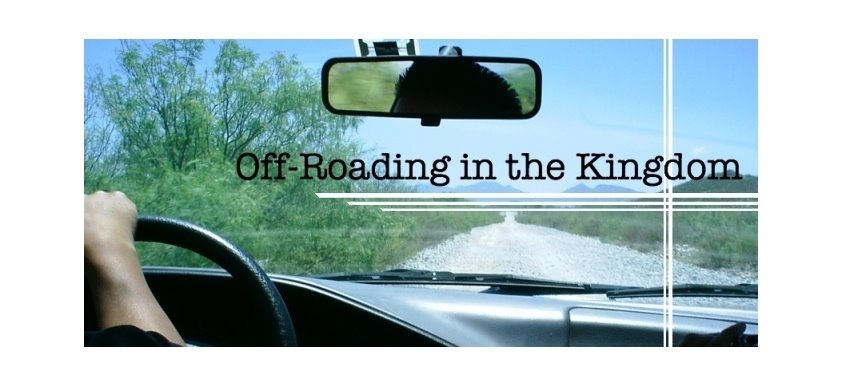The main thrust of the book is a journey to follow a thread that runs all throughout scripture: namely the idea that God's primary purpose in creation is the bringing together of Heaven and Earth for all eternity. The Garden of Eden, the Jewish temple, the person of Jesus, and even the church all serve as "points of intersection" between heaven and earth - the places where the spiritual and physical realms dramatically and gloriously collide. Perhaps the most clear picture of all is found in the conclusion of the Book of Revelation, when the heavenly Jerusalem touches down and God's eternal throne is established on the earth. From there, Eternity spills into time and the whole earth is made new and put to rights.
That's a lot different than the idea of "going to heaven."
How could such a foundational doctrine be so blatantly ignored (or simply misunderstood) in our churches? Why have I grown up in the church my entire life and never heard this stuff until my twenties? What would be different if we preached that God was coming back to make the world right again, and that you and I are the precious first-fruits of that resurrection? All of the sudden there is room in the story for justice, for beauty, and for restoration.
Maybe the most pleasant surprise is the newfound freedom to actually enjoy the earth and all its humanity. It's not just a godforsaken rock that will one day burn (and in the meantime must be avoided and ignored). It's a good creation - one that will be made right; one that will have its groans for justice and goodness and love answered some day. I don't need to feel like a pagan for enjoying the green grass or a hot meal or for having skin.
The challenge that Wright issues is a call to live life as a down-payment of the New Day Coming. The message we carry as believers should serve to drag God's future into our present - to literally pull eternity into time - until Heaven and Earth collide and we discover what wholeness looks like.

No comments:
Post a Comment